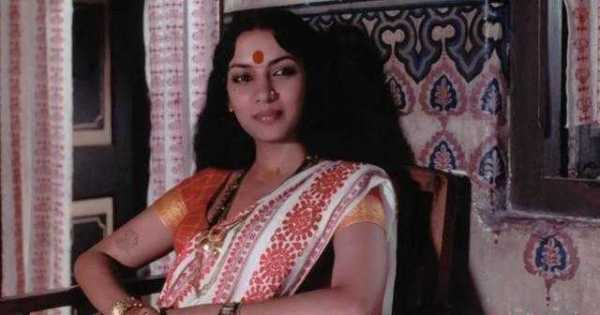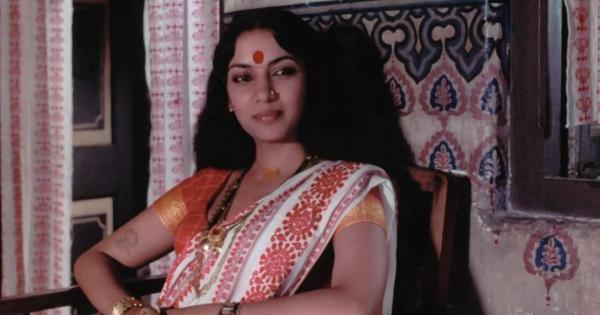

No matter how progressive and clear she is about who she is, nine out of 10 leading women characters in Bollywood changes trajectory when she meets a man. She transforms and adjusts – from wilful to pliant. The multitasker in her gets to work. The happy ending is happy in ways that Indians love it: chasing a passion must never mean not wanting to master the paratha.
Shyam Benegal, at the age of 90, would be proud of today’s celebrated outliers – the women-centric globe-trotters such as Payal Kapadia’s All We Imagine as Light (after all, which other director knows women bonding and rallying around each other better than Benegal) or Kiran Rao’s Laapataa Ladies. Few Indian directors have tackled the interiority – and the burden and bliss – of the average Indian woman with as much curiosity and depth as Benegal.
Rewind to the year 1977. India’s only woman prime minister Indira Gandhi is on her way out after subjecting the country to three tumultuous years of civil liberty pillage. The word “Bollywood” begins to make it to gossip columns and film reviews. Manmohan Desai’s socialist epic Amar Akbar Anthony is this newly-christened film industry’s antidote to the simmering anger that defined most of 1970s’ Bombay...